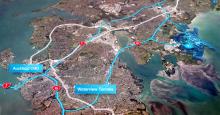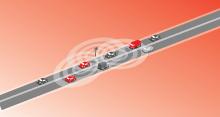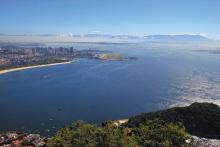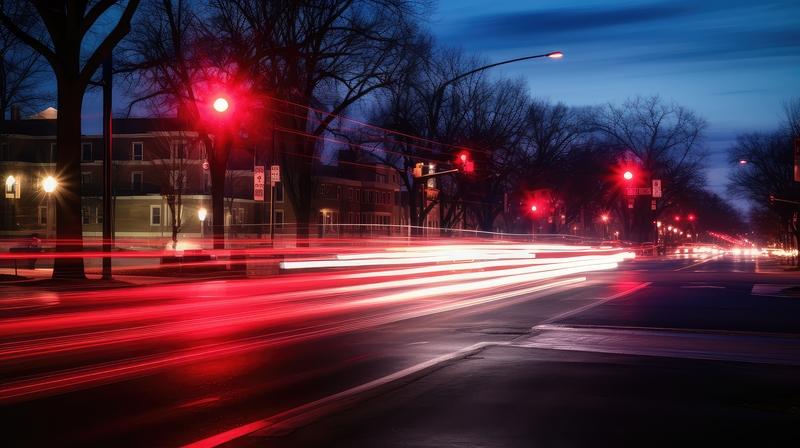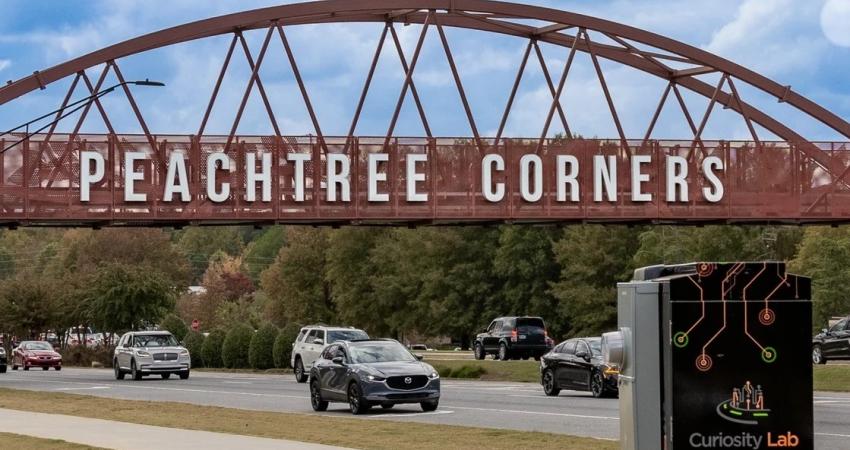Under a contract awarded by the Netherlands Railways (NS), Royal HaskoningDHV has been measuring the pedestrian flows of Amsterdam Central Station since the beginning of May. The data enables NS to optimise the often complex pedestrian flows at this station, thereby improving comfort and safety of the 250,000 daily visitors of Amsterdam Central Station.
Royal HaskoningDHV has implemented a range of technologies that are already in use other stations in the Netherlands, including tracking and counting se
Under a contract awarded by the Netherlands Railways (NS), 6132 Royal HaskoningDHV has been measuring the pedestrian flows of Amsterdam Central Station since the beginning of May. The data enables NS to optimise the often complex pedestrian flows at this station, thereby improving comfort and safety of the 250,000 daily visitors of Amsterdam Central Station.
Royal HaskoningDHV has implemented a range of technologies that are already in use other stations in the Netherlands, including tracking and counting sensors at the station’s entrances and exits and wi-fi tracking from mobile devices. These provide data on where flows of pedestrians enter and leave the station and enables their numbers, walking routes, length of stay and times of day to be measured, as well as how busy the different locations are.
The data gathered is then analysed to inform new measures that improve pedestrian flow around the station. These might include changing the design and layout of the station, relocating public transport gates, deploying station staff differently, or finding the most logical positions for signposting and the best points to offer station and other information.
Royal HaskoningDHV has implemented a range of technologies that are already in use other stations in the Netherlands, including tracking and counting sensors at the station’s entrances and exits and wi-fi tracking from mobile devices. These provide data on where flows of pedestrians enter and leave the station and enables their numbers, walking routes, length of stay and times of day to be measured, as well as how busy the different locations are.
The data gathered is then analysed to inform new measures that improve pedestrian flow around the station. These might include changing the design and layout of the station, relocating public transport gates, deploying station staff differently, or finding the most logical positions for signposting and the best points to offer station and other information.

